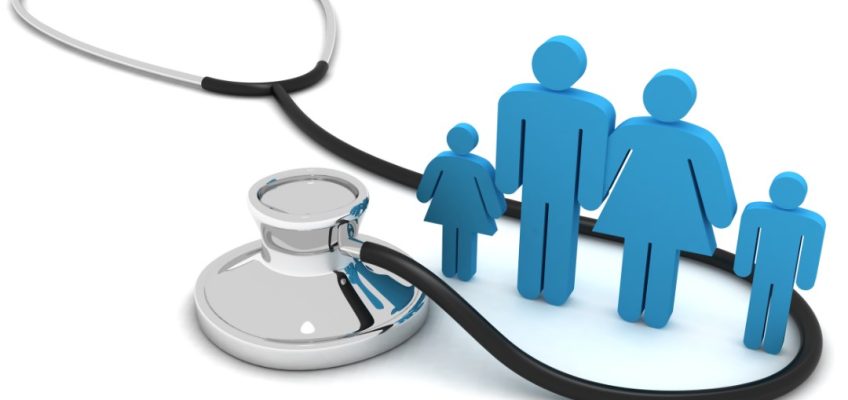September was Prostate Cancer Awareness Month, October is International Breast Cancer Awareness Month, Movember is an annual event involving the growing of moustaches during the month of November to raise awareness of men’s health issues and October is also South African National Mental Health Awareness Month.
Physical health and mental health travel hand-in-hand and this month we are looking at how a cancer diagnosis can be a life-altering event, not only for the patient but also for their family. For children—whether young or adult—the emotional toll can be profound and multifaceted, often manifesting in ways that affect their mental health, behaviour, and relationships.
Young Children: Navigating Confusion and Fear
Young children, who may not fully comprehend the complexities of cancer, often experience intense confusion and fear. Their understanding of illness is typically limited, making it difficult to grasp the severity of a cancer diagnosis. For many, the changes in their daily routine—hospital visits, a parent’s physical decline, or even mood changes—become sources of anxiety. Some potential trauma responses include:
- Separation Anxiety: Young children may become fearful of being away from the diagnosed parent, clinging to them out of concern that time is running out.
- Developmental Regression: Behaviours like bed-wetting, thumb-sucking, or tantrums may resurface as the child struggles to cope with the uncertainty.
- Fear of the Unknown: The concept of death, though abstract for many young children, can invoke nightmares or persistent fears that the parent will not recover.
Parents can ease the trauma by offering age-appropriate explanations, maintaining as much routine as possible, and seeking professional support like play therapy, which allows children to express their fears in non-verbal ways.
Adolescents: Balancing Independence and Vulnerability
Adolescents face a unique challenge when a parent is diagnosed with cancer. At an age where independence and peer relationships take precedence, the diagnosis can create a deep emotional conflict. Adolescents may feel they need to be strong or “grown-up” to support their family, yet they are still processing their own fears and vulnerabilities. This conflict can lead to:
- Emotional Suppression: Adolescents may hide their feelings to avoid burdening the family, leading to emotional bottling and later, depression or anxiety.
- Rebellion or Risk-Taking: Some may react by engaging in riskier behaviours, as a way to assert control in a situation where they feel powerless.
- Social Withdrawal: A parent’s illness can result in adolescents withdrawing from their social life, losing interest in friends or activities as they focus on family responsibilities or grapple with guilt.
Parents can encourage open communication, reminding adolescents that it’s okay to feel both strong and fragile. Support groups, individual therapy, or connecting with peers in similar situations can help them process their emotions in a healthy way.
Adult Children: The Shift in Roles and Identity
For adult children, a parent’s cancer diagnosis can significantly shift family dynamics. No longer are they just children; they often step into the role of caregiver. This shift can be emotionally taxing, especially as they navigate their own families, careers, or personal struggles.
- Caregiver Stress: Juggling the demands of caregiving with work or other responsibilities can lead to burnout. Adult children may experience feelings of guilt for not being able to do more or resentment for the role they now must play.
- Anticipatory Grief: Even before the final stages of illness, adult children may begin grieving the loss of the parent they once knew, especially if cancer leads to a rapid decline.
- Existential Reflection: A parent’s illness can trigger existential questions about life, mortality, and personal priorities. For some, it may lead to a reassessment of career goals, relationships, or life plans.
To cope, adult children benefit from a strong support network. Sharing caregiving responsibilities with siblings, seeking professional counselling, and finding time for self-care can alleviate some of the stress and emotional weight.
The Power of Family Support
Regardless of age, one of the most healing factors for children of all stages is family support. Transparent communication, allowing each member to express their fears and emotions, can create a safe environment for healing. Professional resources like family therapy can provide a structured space for these conversations, helping to alleviate some of the long-term trauma associated with the diagnosis.
In both young and adult children, the emotional impact of a parent’s cancer diagnosis is far-reaching. It changes the way they view the world, their family, and themselves. By acknowledging their pain and providing the right support, families can help reduce the traumatic impact and promote resilience.
The HealingLeaves H.E.L.P – Helping Kids Cope Programme it is a training programme aimed at educating parents, teachers, caregivers or anyone working with children so that they can understand the effect of trauma on themselves and their children and to assist them in different ways to be better able to support and empower children who are experiencing the effects of trauma in their lives.


Penelope835
Awesome https://lc.cx/xjXBQT